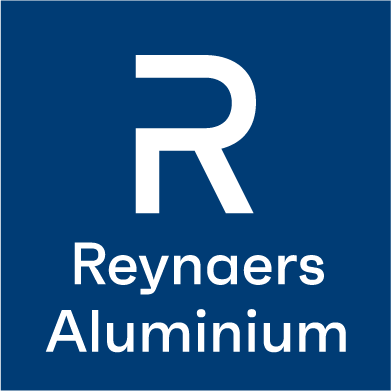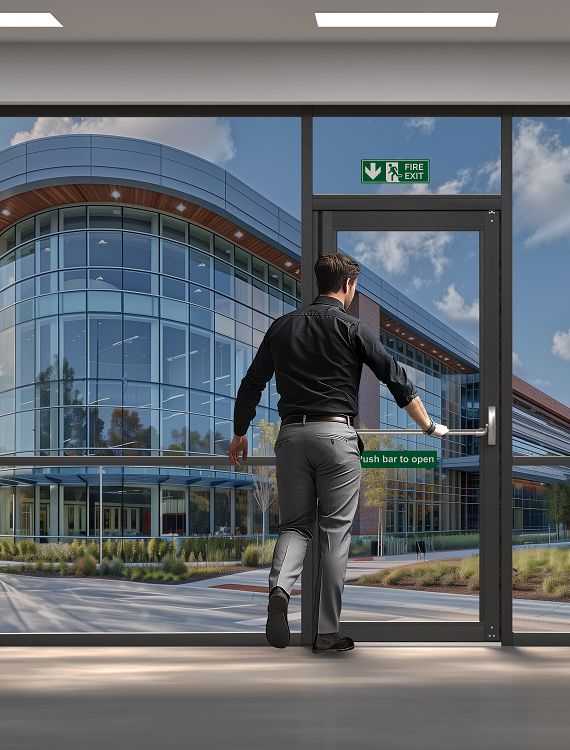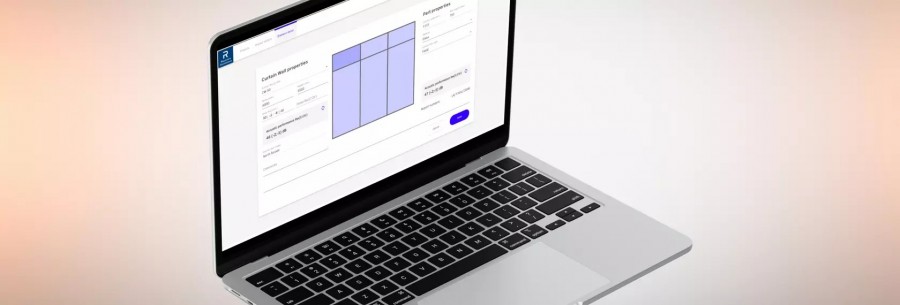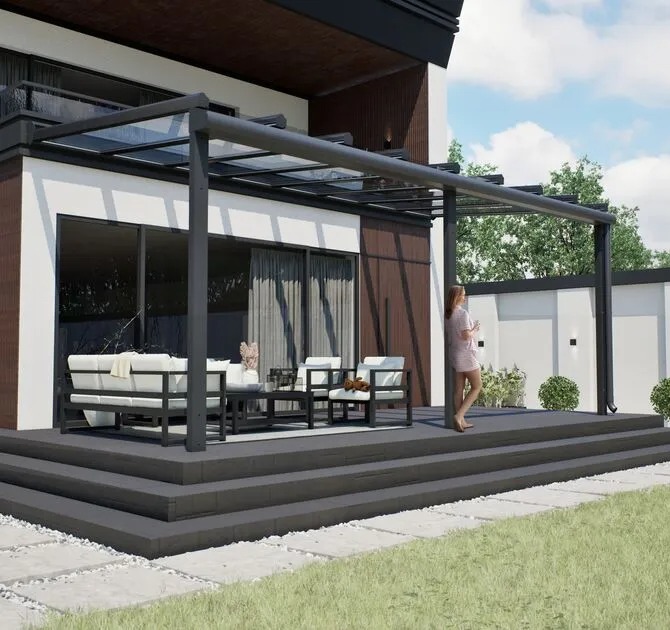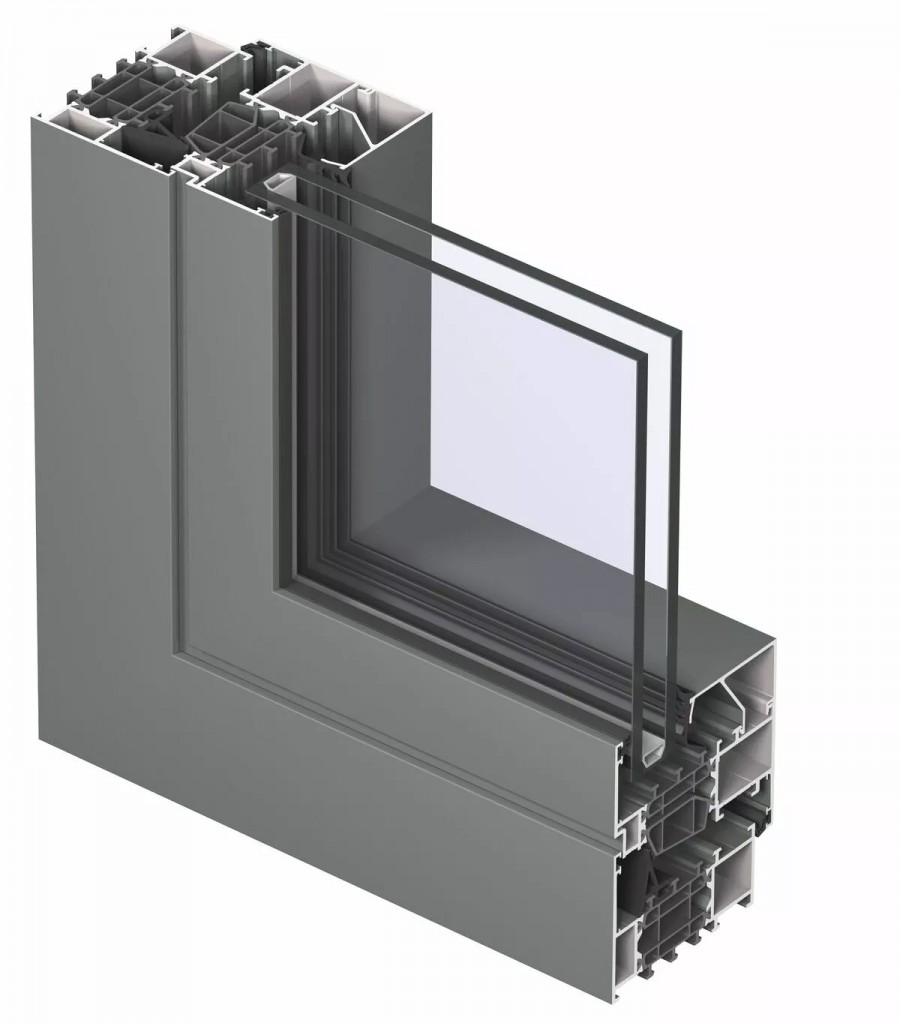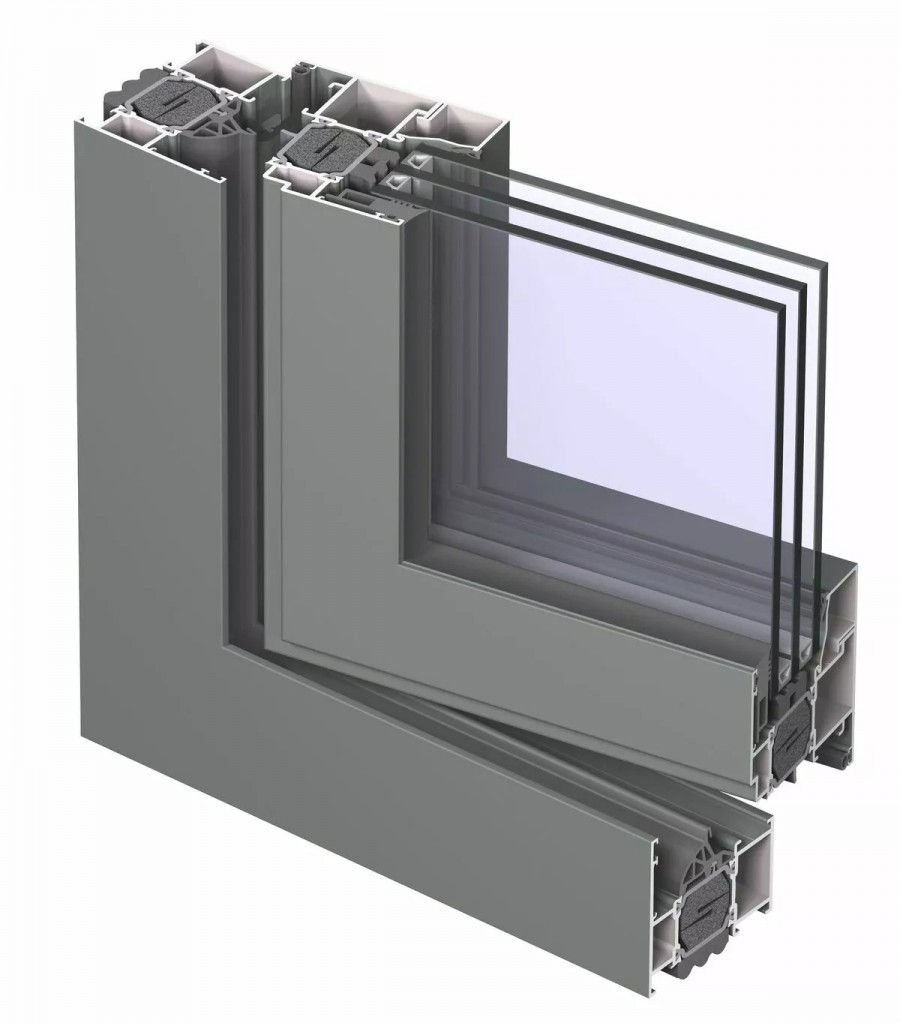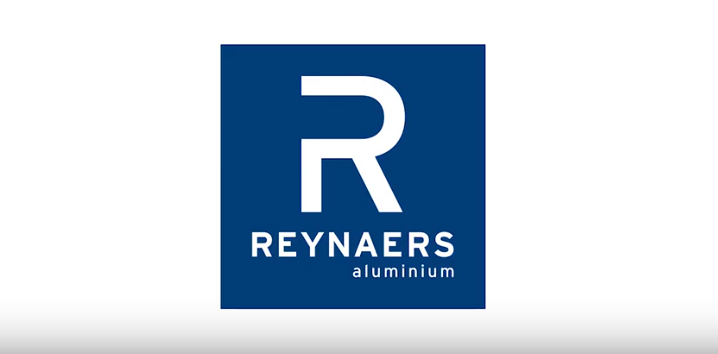Reynaers Aluminium UK has released a white paper providing an in-depth guide to calculating the levels of embodied carbon in aluminium windows, doors and curtain walling systems.
This new report considers at what stage embodied carbon should be measured and provides an analysis of the contributing factors and methodologies for calculating embodied carbon. It also takes a wider view of the overall sustainability qualities of aluminium.
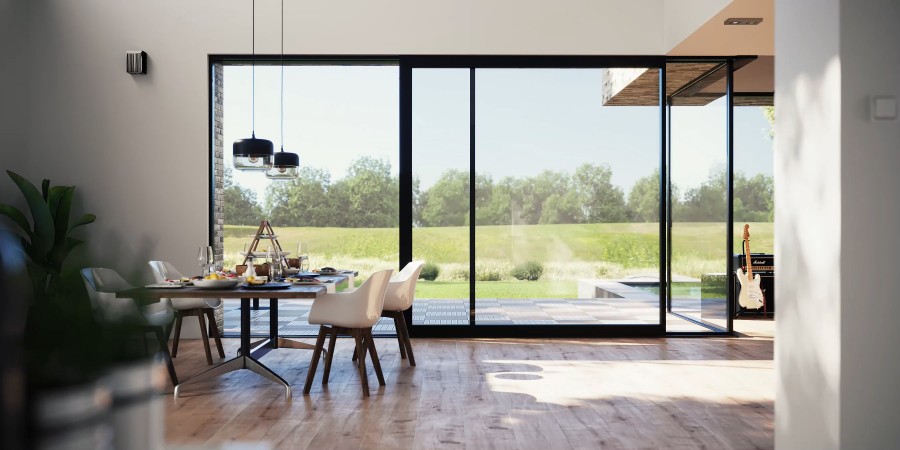
In providing the white paper, Reynaers aims to give architects, specifiers and contractors the latest information they need to confidently calculate the levels of embodied carbon in aluminium windows, doors and facades to support sustainable building design.
Breaking down where embodied carbon in aluminium occurs, the white paper looks at specific stages that contribute to the overall carbon footprint of the products.
Processing raw materials, manufacturing and transport are major contributors to embodied carbon. However, the white paper takes the longer view across the lifecycle of aluminium, breaking down the stages at which additional embodied carbon is calculated.
Applied in practice, this allows for a like-for-like comparison with other materials where initial embodied carbon may be lower but accumulative levels add up during the useful life of the product and in its end-of-life process.
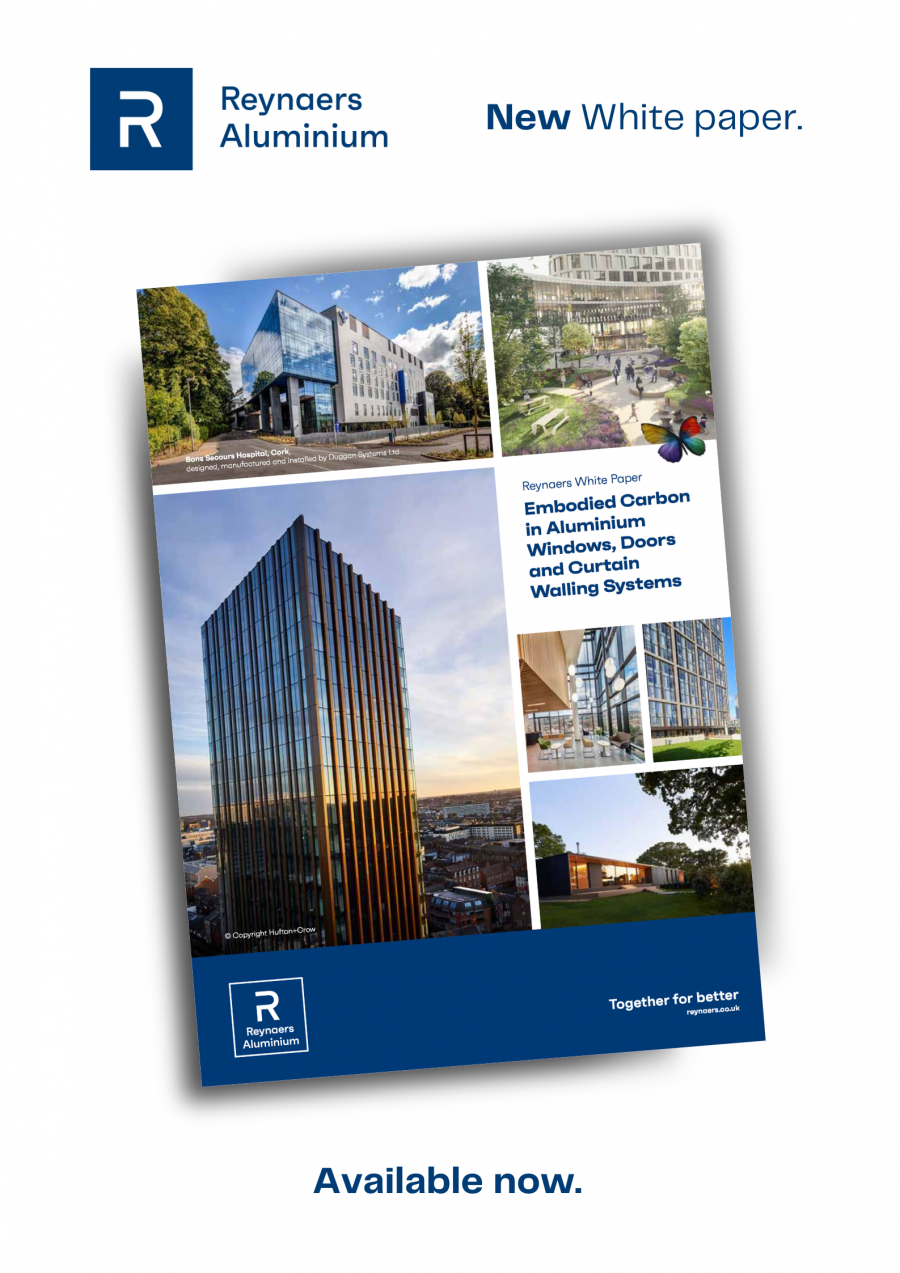
In breaking down the stages at which embodied carbon is calculated, the white paper supports a holistic view to make an informed and transparent decision in the use of materials in sustainable building design – and sets out how this can be calculated reliably.
John McComb, Technical Director at Reynaers UK, said: “Embodied carbon is a major concern in building design. We are aware of the part that thermal efficiency plays in cutting emissions for buildings through energy savings and in direct and indirect emissions, but we need to target embodied carbon.
“By looking at where carbon is emitted throughout the life cycle of a product, we can also look at ways to continue to address that and reduce embodied carbon – but importantly how to accurately measure levels of embodied carbon through effective calculation.
“An increased use of recycled aluminium to reduce reliance on raw materials considerably lowers the embodied carbon. This has already been evidenced and systems using a larger amount of recycled aluminium are available.
“By using less fuel intensive methods in the early stages of the aluminium process, especially in extrusion, embodied carbon levels can be cut further. This would depend on the introduction of more alternative energy solutions.
“The longevity and recyclability of aluminium needs to be brought into the balance when considering the environmental impact of a building material. A product that is built to last and can be completely re-used will negate the need to rebuild and cut waste in the long-term.”

Read the new white paper here: https://www.reynaers.co.uk/download-your-white-pap...









